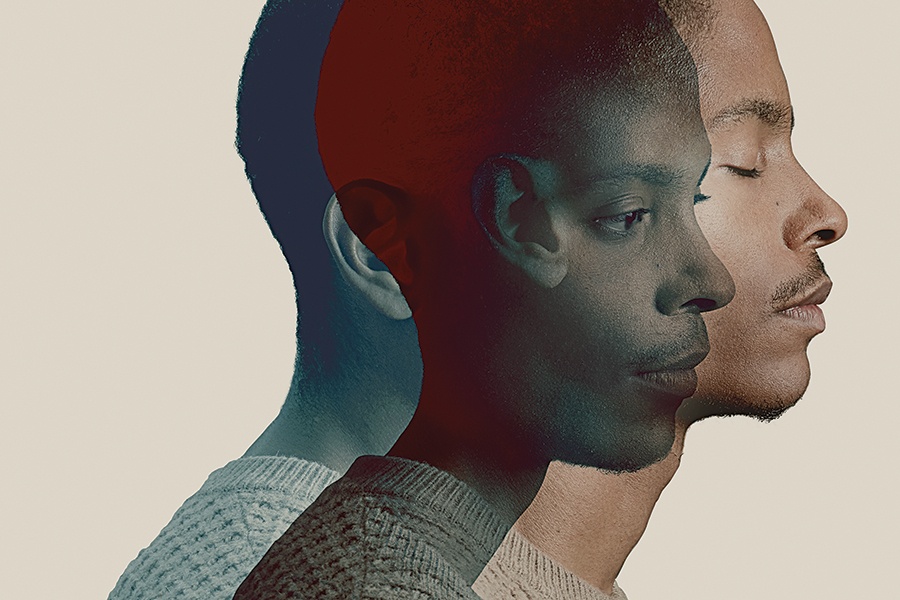Lack of cultural understanding by health care providers may contribute to underdiagnosis and/or misdiagnosis of mental illness in people from racially/ethnically diverse populations..
 Approximately 18% of US adults have a diagnosable mental disorder in a given year, and approximately 4% of adults have a serious mental illness. Mental and behavioral disorders are among the leading causes of disability in the U.S., accounting for 13.6% of all years of life lost to disability and premature death. Mental disorders are among the top most costly health conditions for adults 18 to 64 in the U.S., along with cancer and trauma-related disorders.
Approximately 18% of US adults have a diagnosable mental disorder in a given year, and approximately 4% of adults have a serious mental illness. Mental and behavioral disorders are among the leading causes of disability in the U.S., accounting for 13.6% of all years of life lost to disability and premature death. Mental disorders are among the top most costly health conditions for adults 18 to 64 in the U.S., along with cancer and trauma-related disorders.
Increasing Diverse US Population
The U.S. population is continuing to become more diverse. By 2044, more than half of all Americans are projected to belong to a minority group (any group other than non-Hispanic White alone).
Mental Health, Diverse Populations and Disparities
Ethnic/racial minorities often bear a disproportionately high burden of disability resulting from mental disorders. Although rates of depression are lower in
blacks (24.6%) and Hispanics (19.6%) than in whites (34.7%), depression in blacks and Hispanics is likely to be more persistent. People who identify as being two or more races (24.9%) are most likely to report any mental illness within the past year than any other race/ethnic group, followed by American Indian/Alaska Natives (22.7%), white (19%), and black (16.8%).
Mental health problems are common among people in the criminal justice system, which has a disproportionate representation of racial/ethnic minorities. Approximately 50% to 75% of youth in the juvenile justice system meet criteria for a mental health disorder.
My Health Matters aims to reach out and partner with governmental agencies and local communities through partnerships and bring awareness to treatment options and also make healthcare providers aware of existing disparities.
